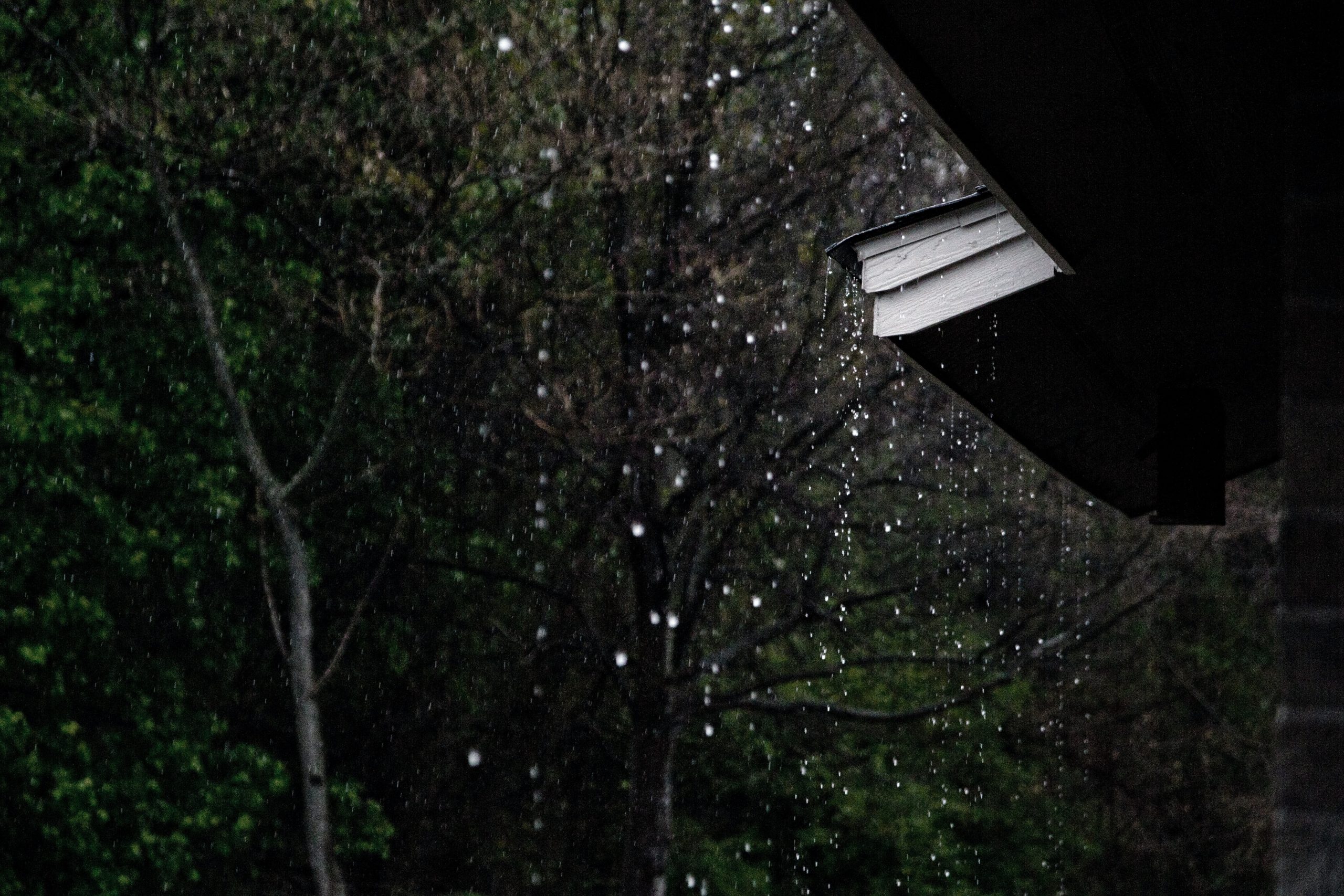Reasons for Water Damage in Homes
There are many potential causes of water damage in a home. Water damage refers to the negative impacts that can occur when water enters and sits in a structure or home. Water damage can affect a variety of materials, including wood, drywall, carpet, and insulation, and can lead to the growth of mould and other harmful bacteria. Water damage can be caused by a variety of factors, such as leaks from pipes or appliances, flooding, and sewer backups. It can range from a small, isolated area of damage to a widespread and severe problem that affects a large portion of the home. Water damage can be costly to repair and can also pose a risk to the health and safety of the occupants of the home if not addressed promptly and effectively.

Reasons for Water Damage
- Leaky pipes: Pipes can become damaged or corroded over time, leading to leaks that can cause water damage to walls, floors, and ceilings.
- Clogged drains: When drains become clogged, water can back up and overflow, causing water damage in the affected areas.
- Flooding: Homes located in flood-prone areas may be at risk of water damage due to rising water levels. Flooding can also be caused by heavy rain or the failure of levees or dams.
- Broken appliances: Appliances such as washing machines, water heaters, and refrigerators can malfunction and cause water damage.
- Improperly installed or maintained roof: A poorly installed or maintained roof can allow water to leak into a home, causing damage to the structure and possessions.
- Poorly graded landscaping: Landscaping that slopes towards a home can cause water to pool near the foundation, leading to water damage.
- Sewer backup: When the sewer system becomes blocked or overloaded, it can cause sewage to back up into the home, leading to water damage and potential health hazards.
- HVAC issues: The heating, ventilation, and air conditioning (HVAC) system in a home can malfunction and cause water damage.
Preventing water damage in a home requires regular maintenance and inspections to identify and fix potential issues before they become major problems. In addition, homeowners can take steps to protect their homes from flooding by routinely cleaning the gutters, inspecting appliances and ensuring that any water damage is dried quickly.

